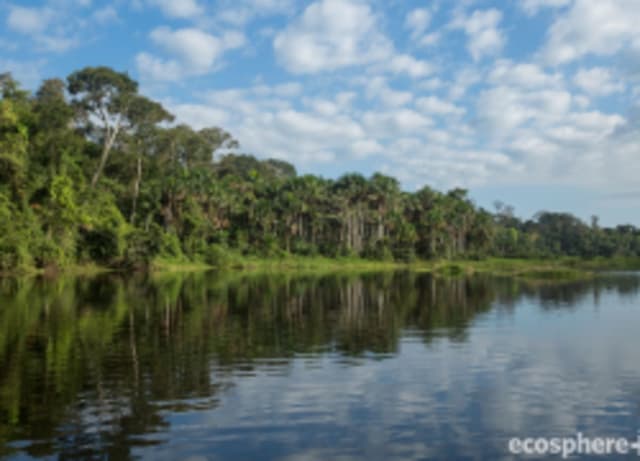Go the extra mile
Towards a cooler planet
Understanding and embracing sustainable tourism
28 February 2025
Sustainable tourism is more than just a passing trend—it is essential. It involves adopting practices that reduce the negative effects of tourism on the environment, economy, and local cultures. In simple terms, it is about enjoying travel while ensuring that destinations remain unspoiled for future generations. By understanding this approach, travellers can make informed choices that help maintain the long-term well-being of the places they visit.
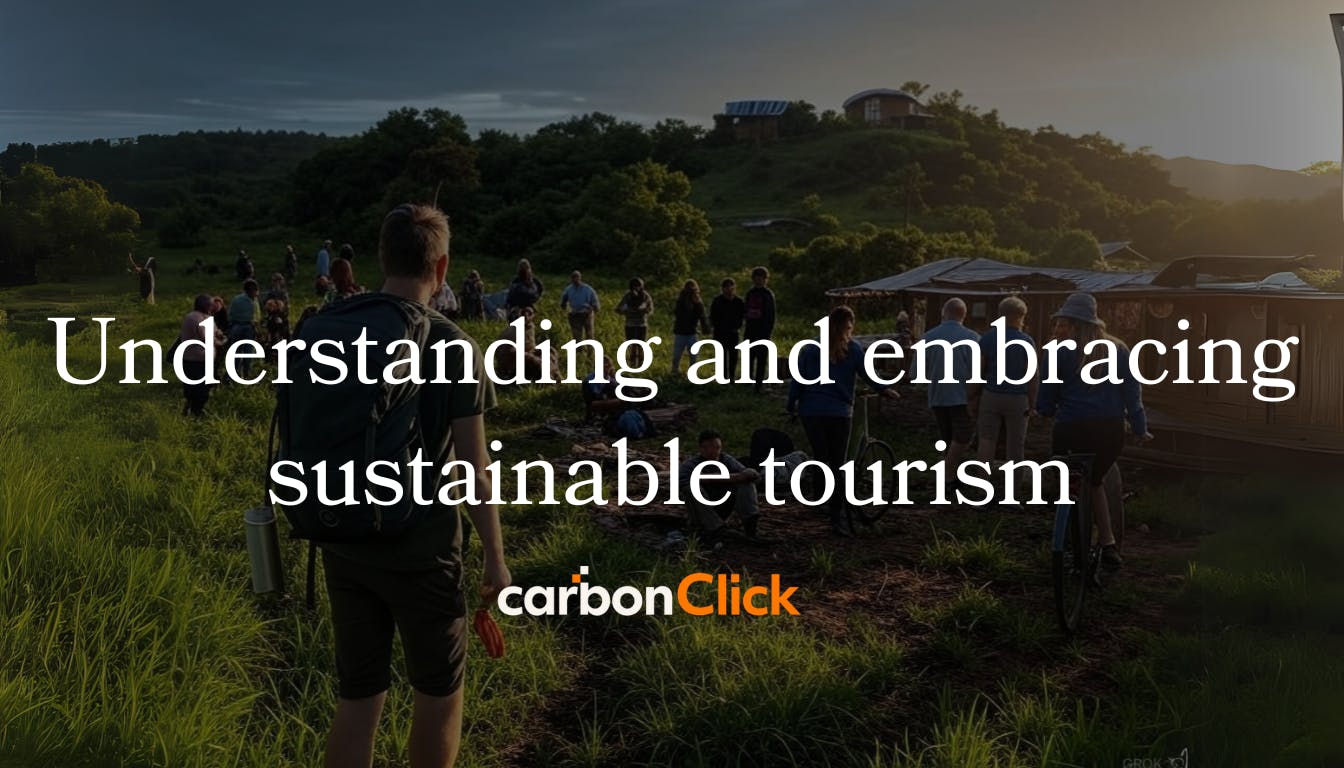
The importance of awareness in tourism
Awareness is the foundation of responsible travel. When travellers understand the impact of their choices, they can make decisions that support long-term sustainability. This awareness extends beyond the act of travelling itself—it includes recognising the significance of the cultures, environments, and communities we engage with during our journeys.
Key aspects of sustainable tourism
- Environmental stewardship: Minimising carbon footprints and conserving natural resources.
- Economic sustainability: Supporting local businesses to strengthen regional economies.
- Cultural respect: Valuing and preserving local traditions and customs.
Practical steps for sustainable travel
Travelling responsibly does not require a complete lifestyle change. Small adjustments can have a meaningful impact. Here are some practical steps to consider:
- Carry a reusable water bottle: Reduce reliance on single-use plastics by refilling your bottle instead of buying bottled water.
- Choose locally owned accommodation: Staying in guesthouses or independent hotels helps support the local economy.
- Use public transport or active travel options: Exploring by bus, train, or bicycle helps reduce emissions and offers a more immersive experience.
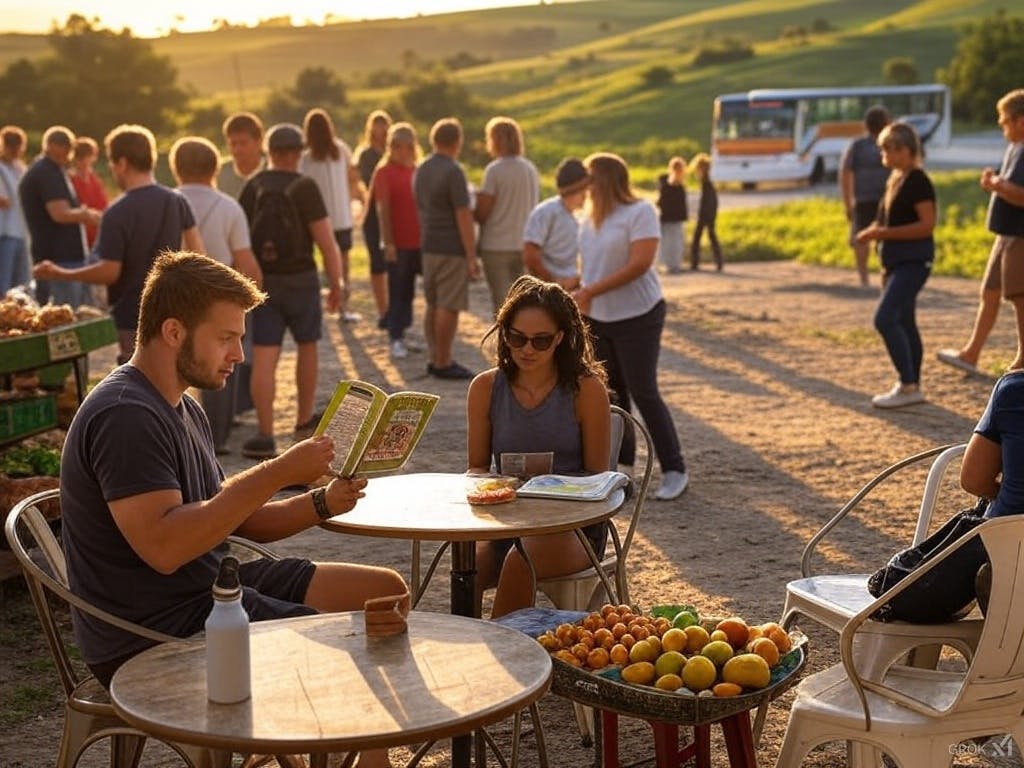
Conducting research before travelling
Preparation is essential for travel. Before setting off, take the time to learn about your destination’s culture, customs, and local environmental concerns. This knowledge will not only enhance your experience but also help you engage with the people and places you visit in a respectful and informed way.
Respecting local cultures and traditions
Respect is at the heart of responsible tourism. Understanding and honouring local customs can lead to more meaningful and authentic interactions. For instance, in countries such as Tanzania, dressing modestly can help foster mutual respect between travellers and local communities.
Working with tour operators
Tour operators play an important role in promoting responsible tourism. By embedding sustainable practices into their operations, they can influence a large number of travellers at once. This not only strengthens their reputation but also contributes to a more sustainable tourism industry.
Everyday sustainable practices at home
Incorporating sustainable habits into daily life does not have to be overwhelming—small changes can make a real difference. For example, replacing single-use products with reusable alternatives is an easy yet effective step. Carrying a reusable water bottle, using cloth bags for shopping, and opting for reusable straws are simple ways to reduce waste.
Buying second-hand is another valuable practice. Shopping at thrift stores or local markets helps reduce waste while also supporting local economies. Plus, it can be an enjoyable way to discover unique finds.
Getting involved in local initiatives can also support sustainability efforts. Taking part in community clean-ups or tree-planting projects not only benefits the local environment but also helps build stronger community connections.
Supporting local businesses
Supporting local businesses is essential for both responsible travel and daily life. Choosing independent shops, restaurants, and services helps keep money within the community, strengthening the local economy and encouraging cultural preservation. When travelling, asking locals for recommendations on where to eat or shop can lead to more authentic experiences while directly benefiting the people who live there. Opting for family-owned establishments instead of large chains can make a noticeable difference.
Benefits of supporting local
- Economic boost: Keeps money circulating within the community.
- Cultural preservation: Helps maintain unique local traditions and practices.
- Authentic experiences: Provides a deeper connection to a destination through genuine interactions.
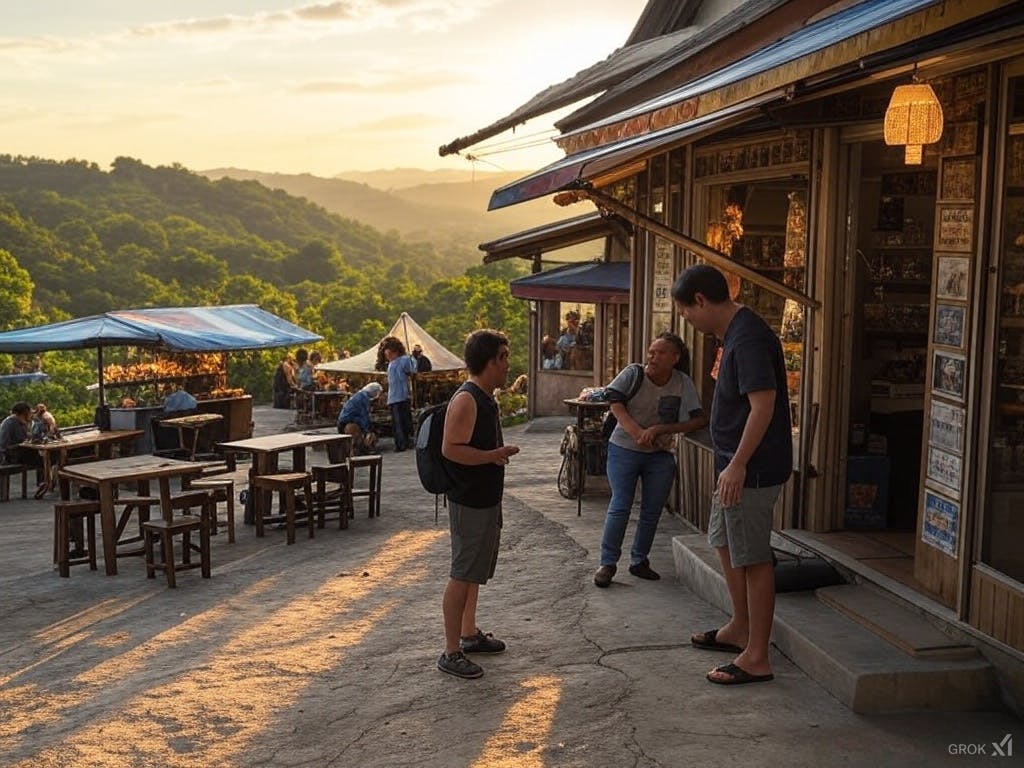
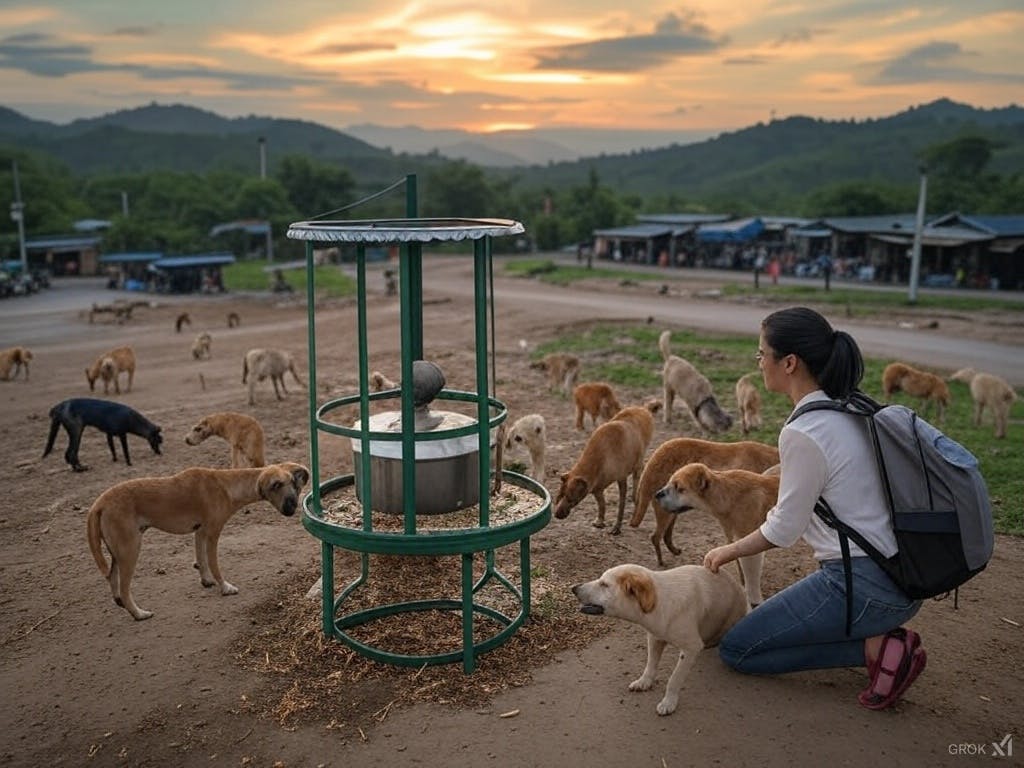
Caring for stray animals while traveling
Helping stray animals during your travels requires sensitivity and awareness. While the instinct to assist is understandable, it is important to approach the situation with respect for local customs. In many cultures, stray animals are part of the community, and residents may have their own ways of looking after them.
If you encounter stray animals, consider supporting local shelters or organisations dedicated to their care. Providing food or supplies can be a practical way to help without disrupting established practices. Before interacting with strays, observe how the local community engages with them—feeding animals in some areas can lead to dependency, which may not always be beneficial. Taking the time to understand local attitudes ensures that any support given is appropriate and effective.
The transformative power of travel
Travel has a unique way of changing how we see the world. Each journey introduces us to new cultures, ideas, and ways of life, challenging preconceived notions and broadening our understanding. Travelling responsibly not only enriches our own experiences but also allows us to contribute positively to the communities we visit. This mutual exchange deepens our appreciation of different cultures and encourages a thoughtful approach to exploring the world.
Personal growth through travel
- Greater awareness: Gaining insight into global issues and cultural diversity.
- Empathy development: Engaging with different communities fosters understanding and connection.
- Increased confidence: Navigating unfamiliar environments strengthens independence and adaptability.

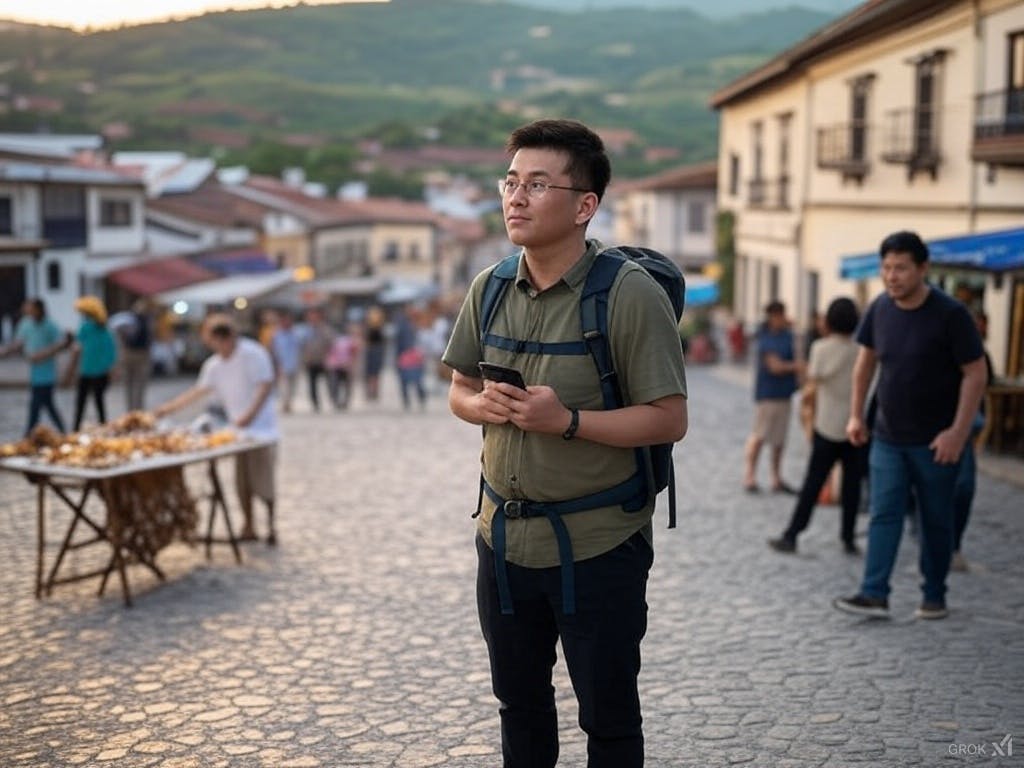
Solo travel experiences
Travelling alone can be one of the most enriching experiences, offering complete freedom to explore at your own pace. It encourages self-discovery and often leads to unexpected adventures. Many people hesitate to travel solo due to concerns or societal expectations, but embracing it can foster personal growth. Navigating unfamiliar surroundings builds resilience and adaptability, making solo travel a rewarding and empowering journey.
Tips for a successful solo trip
- Plan ahead: Research your destination to boost confidence and preparedness.
- Stay connected: Keep in touch with family or friends for added reassurance.
- Trust your instincts: Pay attention to your intuition when meeting new people or making decisions.
Overcoming travel fears
Feeling nervous before a trip is completely natural, especially when exploring unfamiliar places. Recognising these concerns is the first step towards managing them. Often, the anticipation of travel feels more overwhelming than the journey itself, but with the right mindset and preparation, those worries can be eased.
Practical ways to stay calm when travelling
- Visualisation: Imagine yourself confidently navigating your trip to build a sense of preparedness.
- Breathing techniques: Practise deep breathing exercises to stay calm before and during travel.
- Positive reminders: Reflect on past successful trips to boost confidence and reassurance.
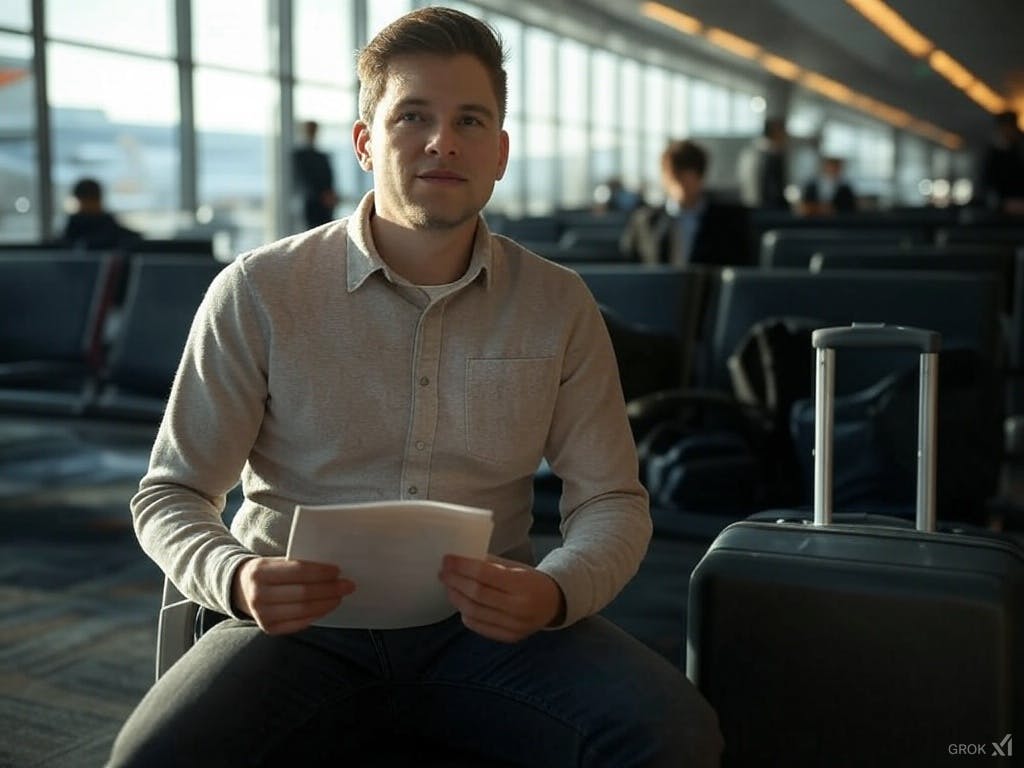
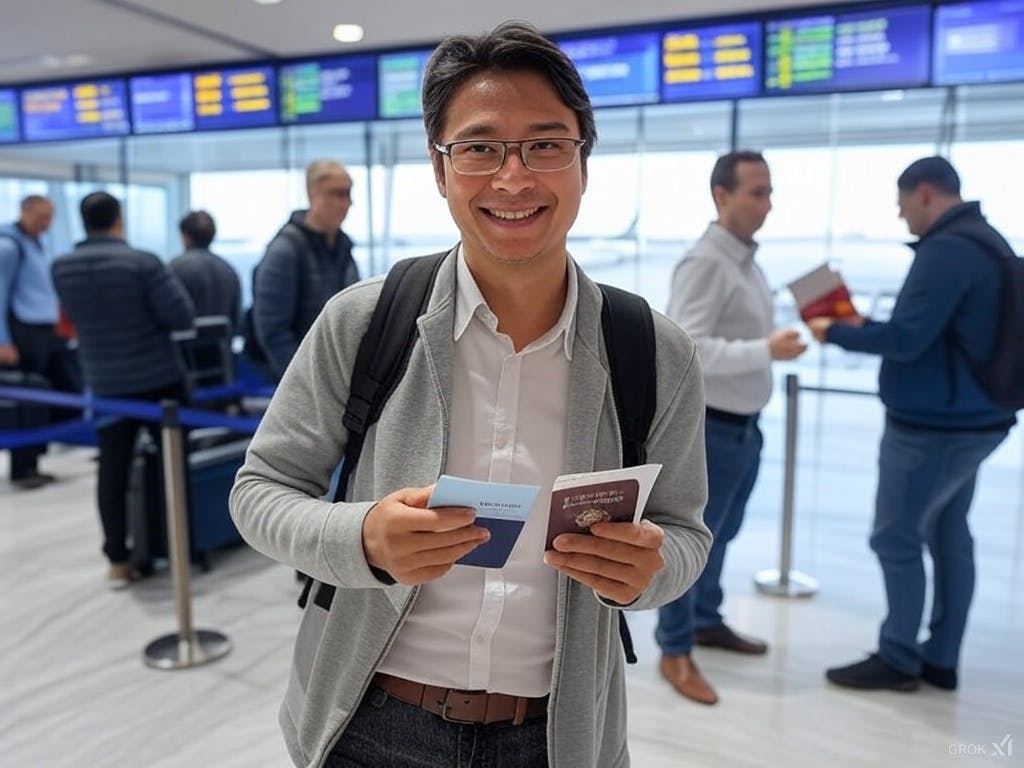
The idea of revenge travel
The term ‘revenge travel’ has gained popularity in the aftermath of the pandemic, capturing the urge to reclaim missed opportunities and experiences. Many travellers are now setting out with renewed enthusiasm, eager to explore new destinations after prolonged restrictions. This trend resonates strongly with those who felt the limitations of disrupted travel plans. However, it’s not just about visiting more places—it’s about embracing the joy of travel and the sense of freedom it brings after an extended period of staying put.
Final thoughts on sustainability
Sustainability in travel doesn’t have to be overwhelming. Small, gradual changes can add up to meaningful progress over time. Samantha highlights that even a 1% improvement each day can lead to a remarkable transformation by the end of the year. By raising awareness and adopting practical steps, we can all play a role in shaping a more responsible future for travel. It’s about embracing the journey and recognising that every effort, no matter how small, makes a difference.
17 South Street
Auckland 1010
New Zealand
info@carbonclick.com- -
- X
Sign up. Be inspired. Get clicking.
Subscribe now to stay up to date with CarbonClick, carbon offsetting and climate action.
By signing up you agree to our Privacy Policy.

